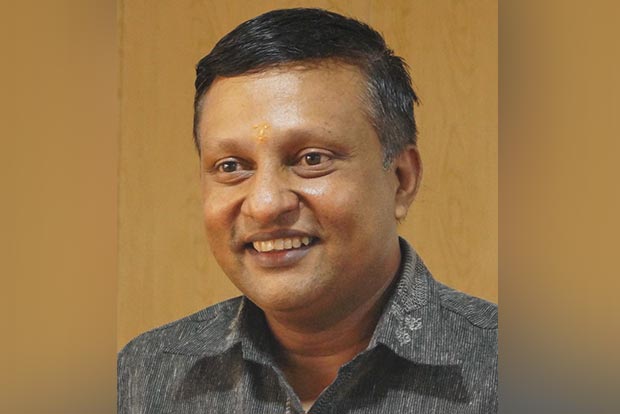Begin typing your search...
Consultancy Corner: How Ayurveda can contribute to Universal Health Coverage
The World Health Organization defines Universal Health Coverage (UHC) as a scenario where citizens can access health services without incurring financial hardship.

Chennai
It covers the full spectrum of essential health services, from health promotion to prevention, treatment, rehabilitation and palliative care.
India faces a huge challenge in providing universal healthcare for all its citizens. The country has one of the highest OOP (Out of Pocket) expenditure for healthcare in the world, while public spending on health is among the lowest, at just 1.2 per cent, of the GDP. The disparity between public and private healthcare providers poses a major hurdle. India, therefore, needs to develop its own strategy and roadmap for UHC that is suited to its needs.
Health financing cannot be the sole focus for providing universal healthcare, although, by itself, it is a formidable goal. India does not have a tax-financed model for achieving UHC, while the insurance model excludes majority of the poor from coverage. In this context, the AYUSH system of medicine can create the platform for developing a model of UHC that is most suitable to target the healthcare needs of the massive population.
India is one of the few countries where medical pluralism prevails. People have access to officially recognised alternative systems of health including age-old traditions like Ayurveda, Siddha and Unani. They can readily avail of the full range of treatments, from prevention to cure, which these systems offer. However, practitioners of medical systems are confined to their silos and compete rather than cooperate to provide integrative care to patients. The lack of an integrative framework to facilitate informed decision-making has undermined the potential that a well-harnessed pluralistic healthcare setup can offer to actualise universal healthcare in the country. The contributions that the workforce and resources of the AYUSH can make towards UHC need to be recognised by all stakeholders.
Ayurveda can contribute to UHC at multiple levels. It can offer alternatives for the management of a wide range of diseases where modern medical care is not accessible or affordable. It can reduce the economic burden of long-term care by offering integrative approaches to improve clinical outcomes. For quite a few diseases, Ayurveda can also offer frontline therapy.
Alternative medicine like Ayurveda can offer cost-effective treatment for a wide range of conditions, from anaemia, skin diseases and osteoarthritis to rheumatoid arthritis and even cancer. Cost-effective treatment can be made available for many diseases when allopathic treatments are not accessible or financially prohibitive.
Visit news.dtnext.in to explore our interactive epaper!
Download the DT Next app for more exciting features!
Click here for iOS
Click here for Android
Next Story



